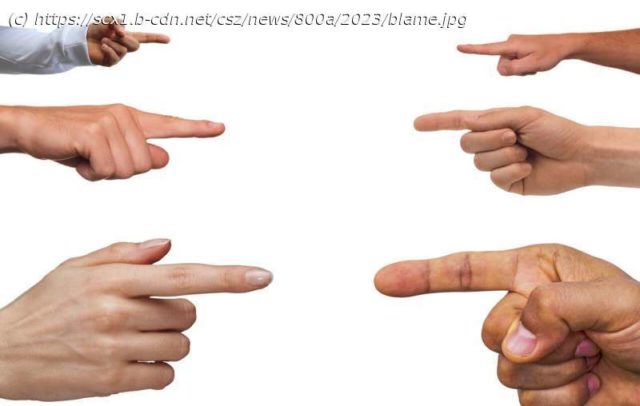It’s human nature to be judgmental. But why do we place less blame on someone, or give more praise, if we find out that person had a history of suffering in childhood? In a recent study, University of Missouri researchers discovered why someone’s childhood adversity influences how others judge their behavior. The paper is forthcoming in the journal Social Cognition.
It’s human nature to be judgmental. But why do we place less blame on someone, or give more praise, if we find out that person had a history of suffering in childhood? In a recent study, University of Missouri researchers discovered why someone’s childhood adversity influences how others judge their behavior. The paper is forthcoming in the journal Social Cognition.
The finding contributes to a growing body of evidence that suggests judgments of praise and blame are «asymmetrically sensitive» to certain types of information about someone’s life history, said Philip Robbins, associate professor and chair of the Department of Philosophy.
«In the case of negative or anti-social behavior, we see the actions of people with adverse childhood experiences as less of a reflection of their fundamental moral character, and more as a reflection of the environment they were raised in, so we blame them less for those actions,» Robbins said. «On the other hand, when someone has experienced adversity in childhood and does something good, we tend to think of that behavior as more reflective or expressive of who the person is deep down, so we praise them more for it.






